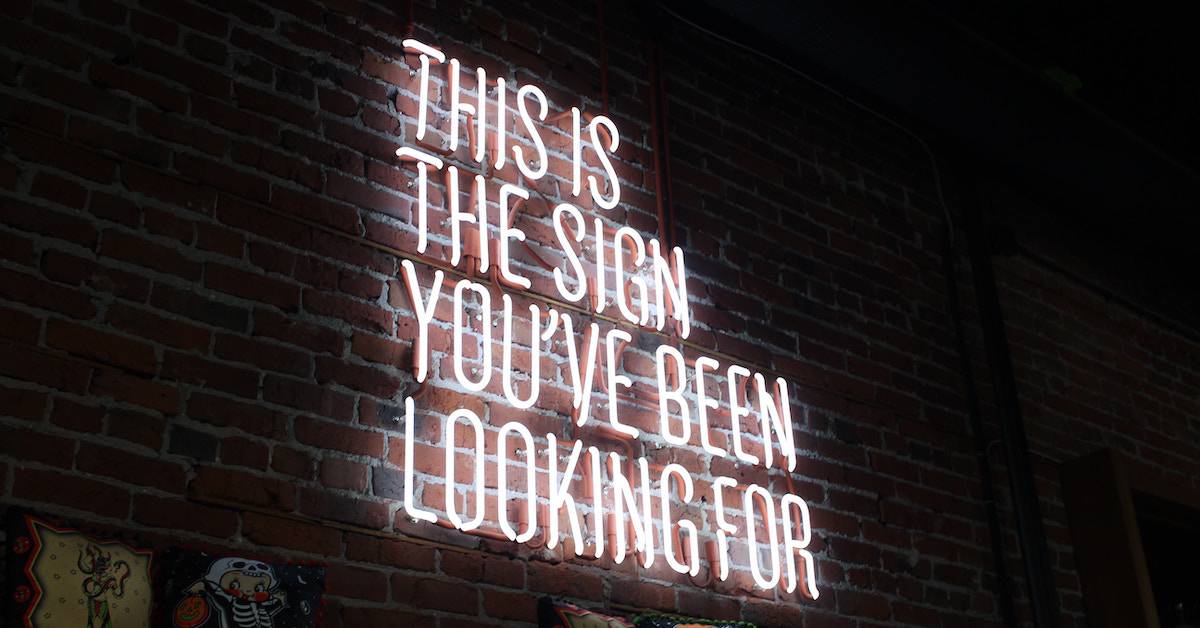I bet I can guess your Why.
What I mean is, if you are one of the millions of people who have been moved by Simon Sinek to “find your Why”, as articulated in his TEDx talk and book Start With Why, I’m pretty sure I can guess what that Why is.
With only subtle variations from person to person, the common Why is this: personal growth through the transformation of others. I don’t claim to know why this is universal, I have only observed that it is. Almost everybody who has their basic needs of food, clothing, shelter and security met seems to be motivated to improve themselves through the helping of others. What changes from person to person is only their definition of improvement (learning, loving, letting go, etc.) and their type and methods of transformation.
Your client shares the same sense of purpose, with only subtle variations on how he wants to grow, who he seeks to transform and in what manner. By coming together in the course of your day you both have an opportunity to tap into that purpose to improve the lives of others and take another step on your journey of self transformation.
But most of these growth opportunities are lost, aren’t they?
The pressing job, as the client sees it, is to acquire X from a firm like yours. The pressing reality, as you see it, is to take the revenue. Too often it’s a transaction devoid of purpose by two people who share similar Whys but are too busy or afraid to honor them.
The years go by and the transactions pile up. Clients keep checking things off their to-do lists and you keep bringing in the revenue. The work often isn’t quite as good as the client hoped for, but it’s good enough. And the engagement often isn’t as fulfilling or impactful as you would like, but the money allows you to keep going another day, hoping the next project will be better. The meaningful, purpose-fuelled engagements happen too, but infrequently, just often enough to keep you going.
If you want to look back at the end of your career with a sense of really having tapped into your purpose, of really having helped others and truly having grown as a person as a result then you will stop yourself, and your client, in these transactional moments and you will push back on the specific request and ask Is this accomplishing anything meaningful? Does this help either of us get closer to our sense of purpose?
It might help to look past your client contact and imagine the client CEO and her Why. She has a vision of transforming large numbers of people through the work her company does. She wants to change the world. That vision gets translated into a strategy, and elements of that strategy get parsed out and distributed to various department heads. These elements get translated into tactics, and here you sit, facing someone who is overworked and just needs to check this item off a list: hire a firm like yours to deliver X. Like a game of Telephone or Chinese Whispers, the original message of transforming others was passed from person to person, and along the way stripped of its original purpose. Now a middle manager or procurement professional sees the task as buying X from someone who is willing to sell them X on their terms.
The easy path is to agree to deliver X, but now imagine the CEO months afterward, frustrated, wondering why it’s so difficult for her people to translate her vision and sense of purpose into a marketplace reality. You tell yourself that you’re not complicit in that failure—you were just giving the client what they asked for—but I don’t think a career of giving clients what they asked for is going to be enough for you. The fulfilment you seek is really only going to come through struggle, and that struggle is going to be in those conversations with clients who should be thinking about transformation and instead are playing it too tactical, too cheap or too safe.
The next time you find yourself in a transaction like this, why not remind everybody of the possibility of doing something great, of truly transforming others and bringing that sense of purpose back to what it is that you both do.
I once heard former Wieden+Kennedy creative director John Jay explain that they would occasionally sit a client down and show them a reel of their greatest TV spots. Once the client was sufficiently inspired Jay would say, “Now let’s talk about that piece of shit ad you made me do last week.”
These aren’t easy conversations to have. (And there are kinder ways of having them!) Nobody likes to be reminded that they’re thinking too small or their busy work is not making a meaningful difference. But as difficult as they are, they’re conversations worth having. If transformation was possible without struggle then everybody would be doing it. You simply will not get what you really want out of your career without learning to push through these uncomfortable conversations.
If your client is underbuying, is playing things too safe, is too focused on procuring X rather than transforming others, try leaning in and tapping into both parties’ sense of purpose. Think bigger than the tactical project or limited brief that’s been placed in front of you. Paint a vision of transformation and see if you can inspire the client to follow. You won’t always succeed, but when you do it will lead to your best work, your biggest impact on others and your greatest fulfilment.
